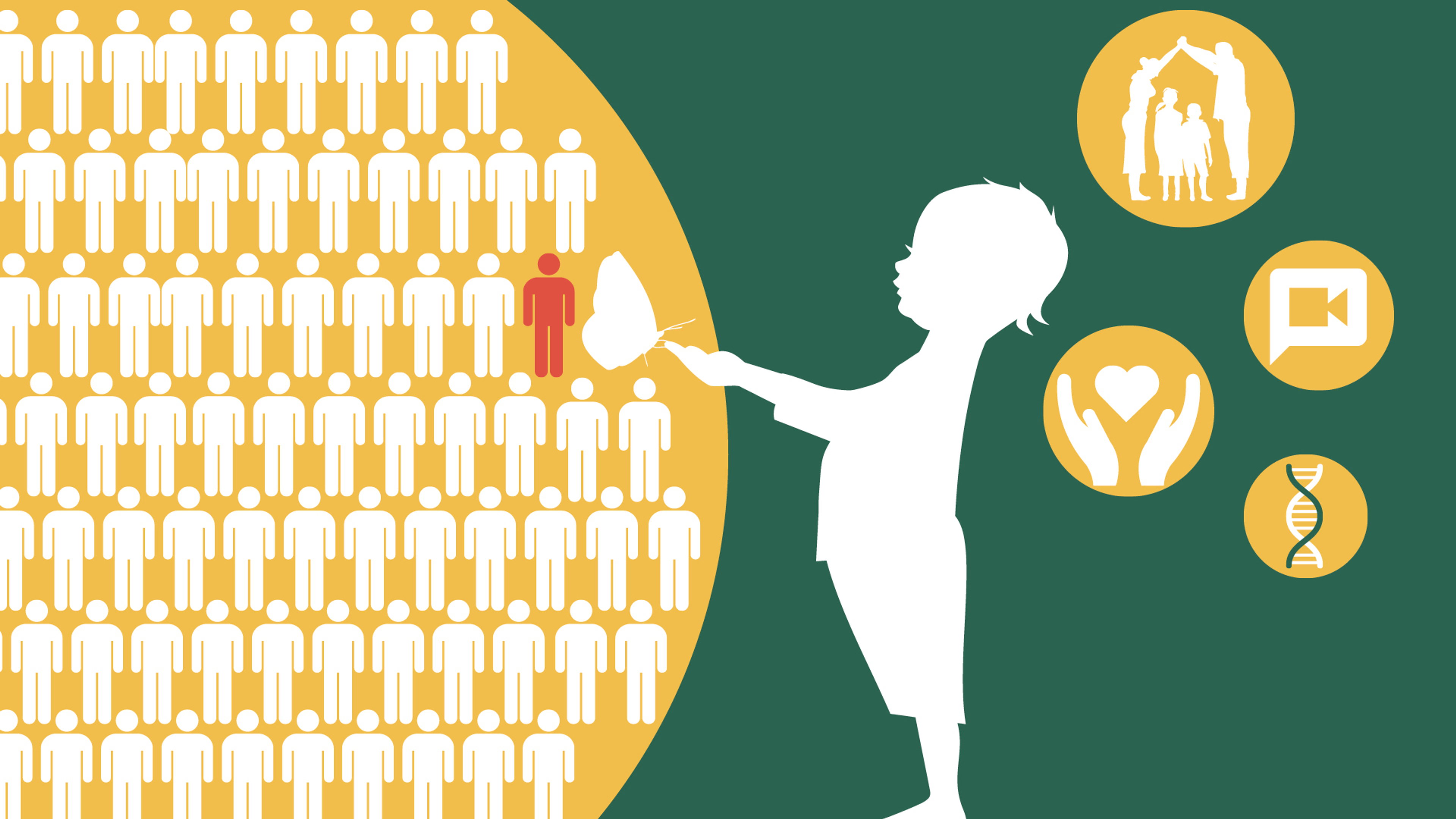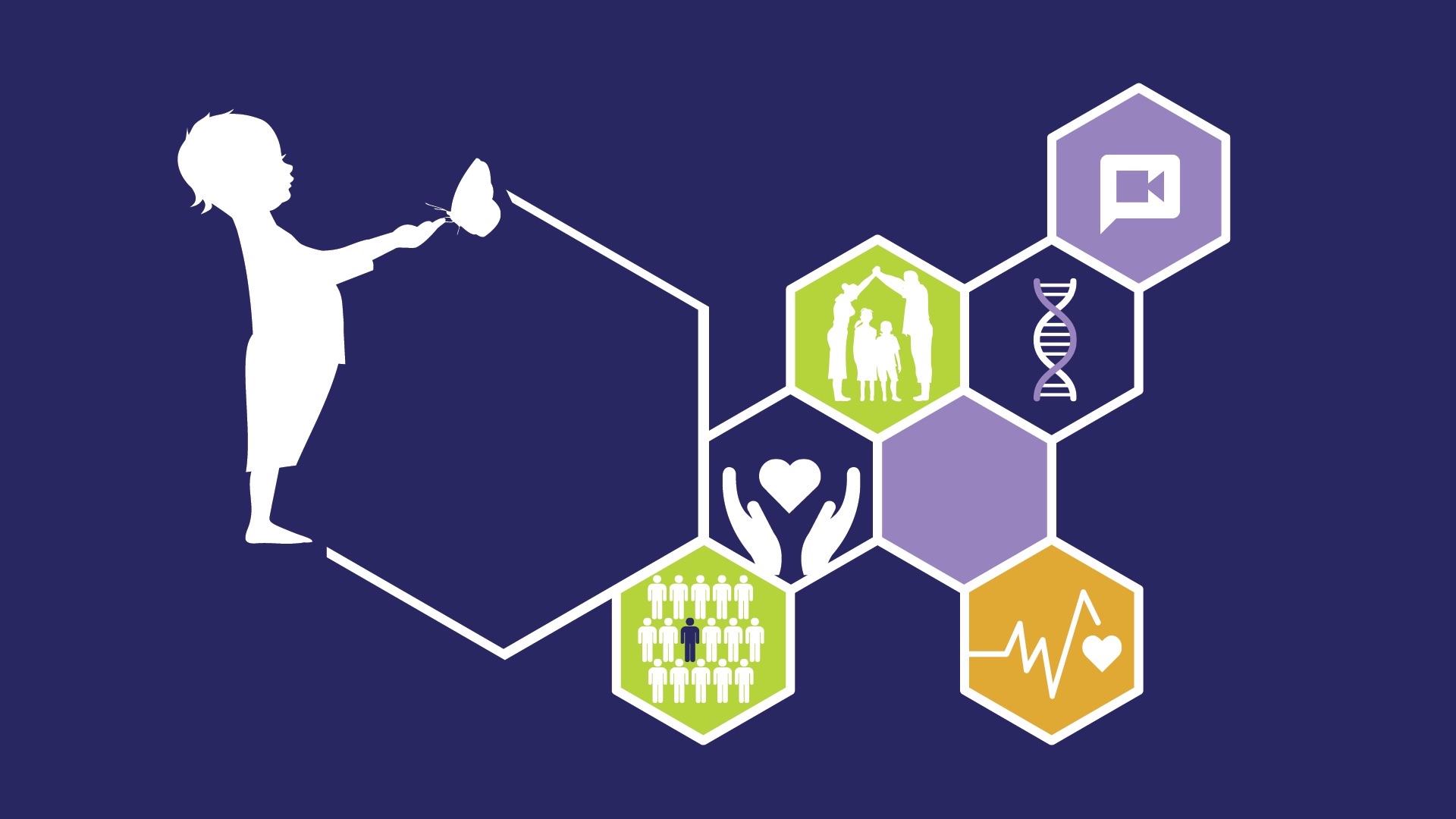
Read more

Our new and last webinar of the 2022 series will be broadcast on Nov. 10 (noon ET) and will be available on demand on Nov.12.
Or listen it as a podcast:
Medical systems around the world are at capacity. Patients frequently complain that their doctors spend insufficient time with them to really understand their ailments. Furthermore, doctors are hesitant to admit that they do not know a patient’s diagnosis. Time constraints and financial pressures push doctors to make quick diagnoses and get the patient out the door. For patients with rare diseases, the situation is even more trying. The average delay for a patient to receive a diagnosis is 5 to 7 years, during which time they will have seen an average of over seven different doctors. Often forgotten are the humanistic burdens of the diagnostic odyssey. Imagine not being able to find the cause of your child’s suffering for years on end. Imagine the stress, the pain, the frustration, and a growing sense of hopelessness in the wake of that suffering. In addition, the psychological burden for the patient and caregivers is huge, affecting their emotional and mental well-being, which in turn impacts their ability to properly care for their loved one. Add to this the financial burden that can be accrued by a family going from one health care provider to another seeking answers.
How best to support patients with a rare disease is ill-defined. Medical teams, especially doctors, are often insufficiently trained to explain to patients that they do not have the answers—or even know how to get them. Health care systems are not equipped to provide the psychological and social support patients need. Genetic counseling is complex in the setting of undiagnosed patients. Layered on this is the complexity of supporting the mental or physical disabilities that many patients with a rare disease must manage, whether they have a diagnosis or not. The humanistic support of patients with rare diseases and their families needs to improve. In this webinar, we’ll meet experts who struggle with these issues and can help guide us on how to do better.
This webinar will last for approximately 60 minutes.
Kathleen Bogart, Ph.D. (Oregon State University, Corvallis, Oregon)
Amrit Ray, M.D., M.B.A. (Physician researcher/Rare disease advocate, New Haven, CT)
Alanna Yee (Encephalitis411, Edmonton, Canada)